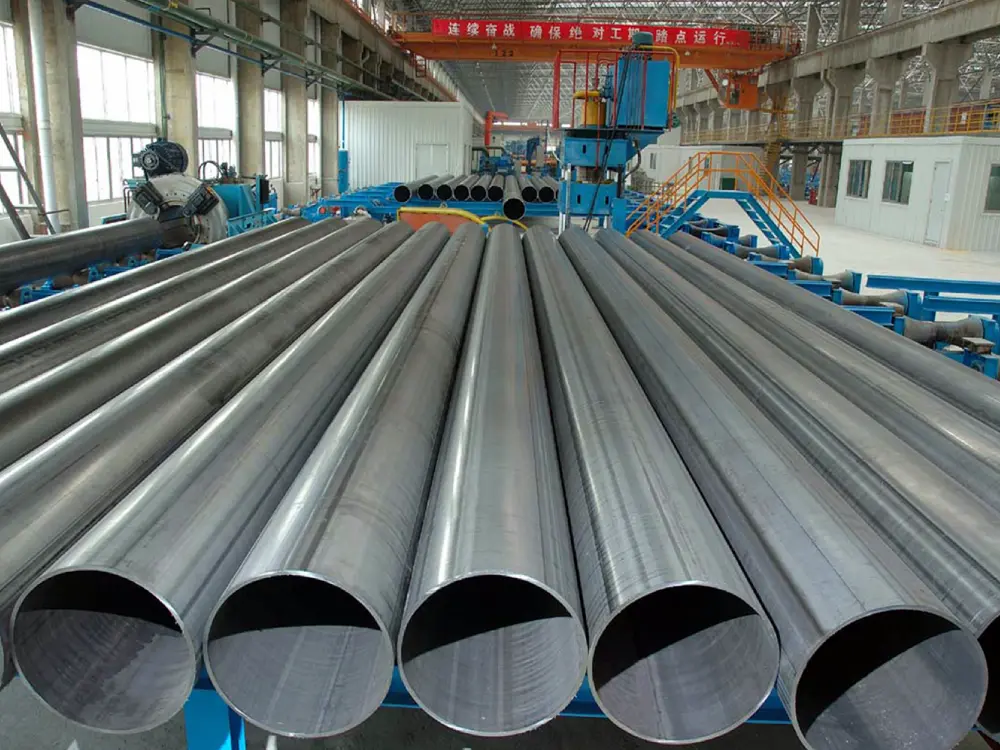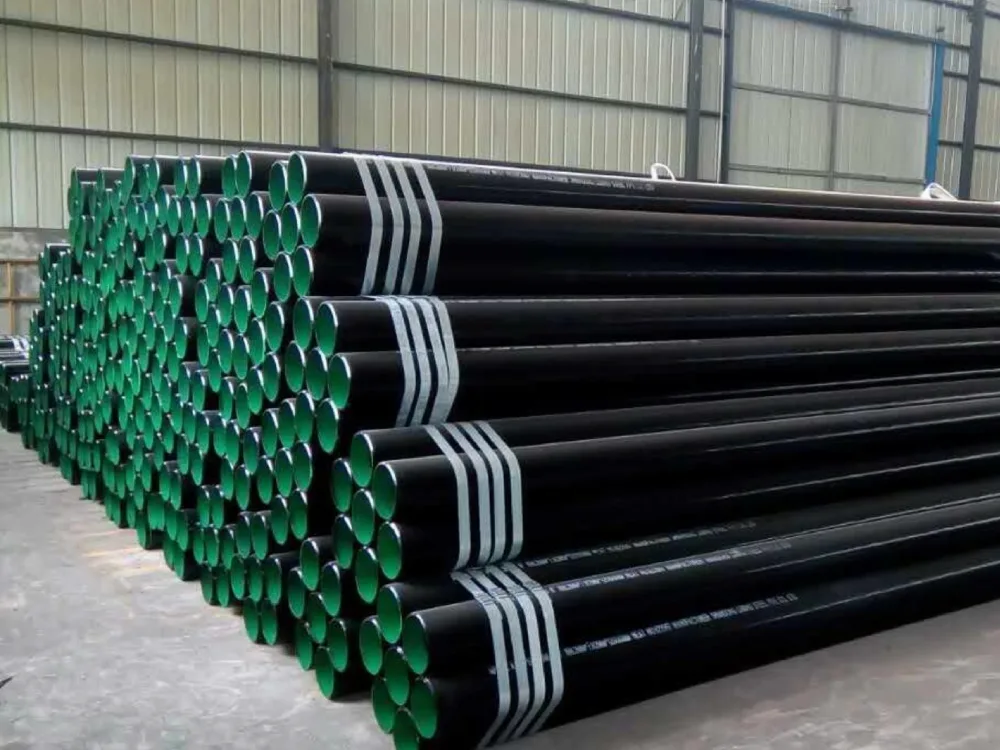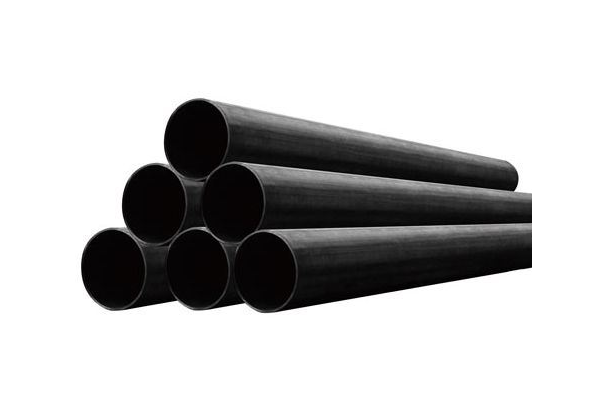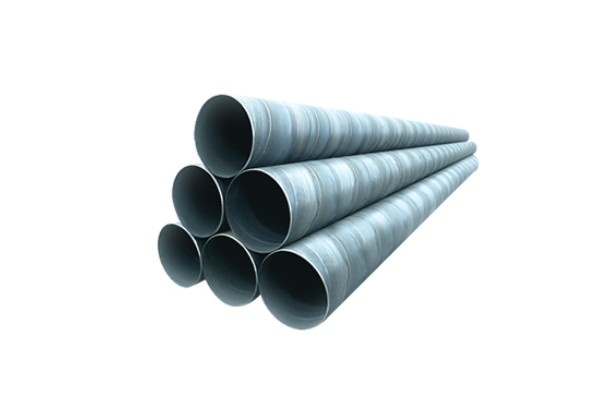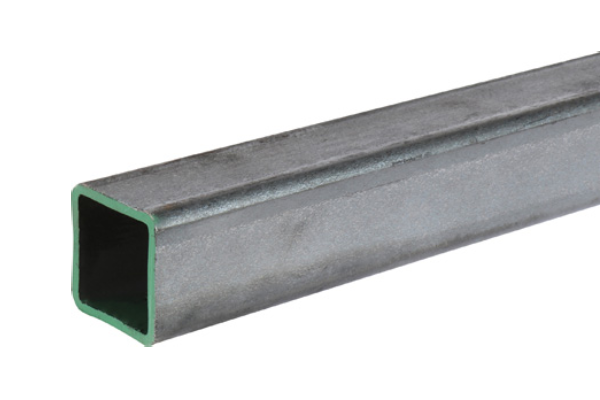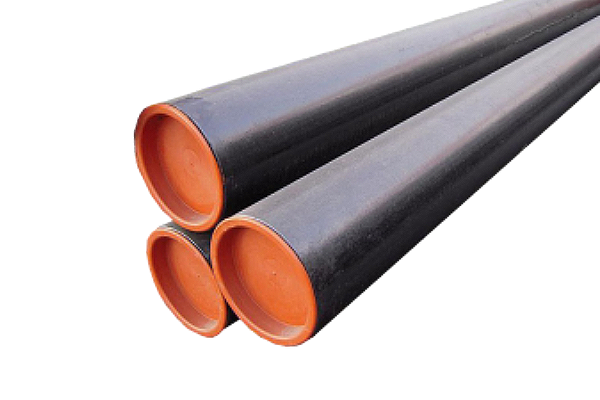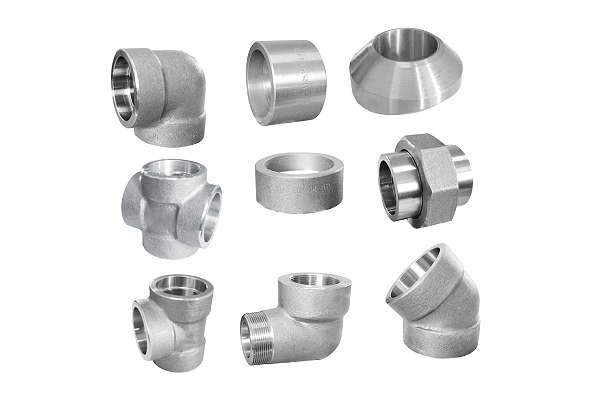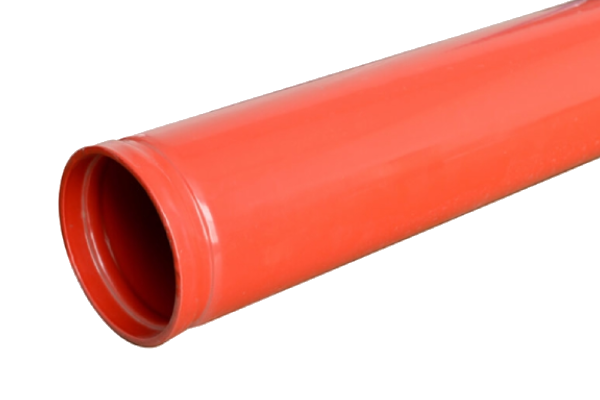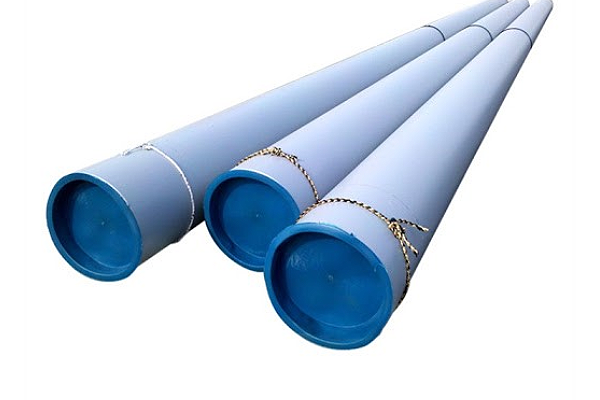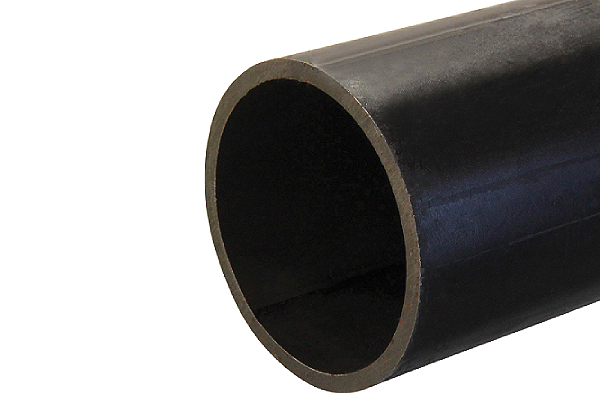Quality assurance of boiler tube production
Raw material quality control
Material standard screening
Choose 20G carbon steel (like Q235), alloy steel, and other approved materials. They must meet national standards, including GB/T 3087-2008 and ASTM A106. Also, carefully control carbon levels and alloy element ratios.
Supervise the smelting process of steel to avoid excessive impurities or imbalanced element ratio.
Chemical composition inspection
We analyze the elements C, Mn, S, and P in steel through spectral analysis and chemical titration. This process ensures that the steel can withstand high temperatures and resist corrosion, which is crucial for high-pressure boiler tubes.
Production process control
Process standardization
Seamless pipes use a hot rolling/cold drawing process, and welded pipes need to standardize submerged arc welding and TIG welding parameters to ensure weld strength and flatness.
The annealing or normalizing process is performed in the heat treatment process to eliminate internal stress and improve mechanical properties (such as hardness and toughness).
Nondestructive testing technology
Use X-ray flaw detection, ultrasonic testing and other technologies to identify defects such as pores and cracks in welds or pipe bodies.
The weld interval must meet the standard (such as the interval of short pipe sections ≥150mm pipe outer diameter), and the welding holes must be strictly handled to prevent missed inspections.
Finished product inspection and certification
Physical performance test
Hydraulic pressure test: simulate high-pressure environment to test the sealing and compressive strength of pipes to ensure no leakage.
Flattening test, expansion test: verify the ductility and deformation resistance of pipes.
Surface quality and size verification
Check whether there are cracks, folds, scars and other defects on the inner and outer surfaces, and the removal depth must be less than the negative deviation of the wall thickness.
Measure the outer diameter, wall thickness and straightness, and the error must meet the national standard or customer customization requirements.
Compliance with certification system and standards
The production process must comply with national standards such as GB/T 16507 “Boiler Safety Technical Regulations”. Some companies have passed ISO 9001 certification to ensure management system specifications
Installation and maintenance guarantee
Installation specification execution
Pipeline welds need to be checked and approved based on national standards 50184/50517. This helps prevent stress concentration or leaks caused by construction mistakes.
Control the design of flue gas corridors to prevent local flue gas velocity from accelerating pipe wall wear.
Operation environment monitoring
Regularly drain and monitor water quality to reduce the risk of scaling and corrosion (such as controlling the oxygen and carbon dioxide content of the return water system).
Optimize combustion efficiency and reduce chemical corrosion of fuel residues to pipes.

